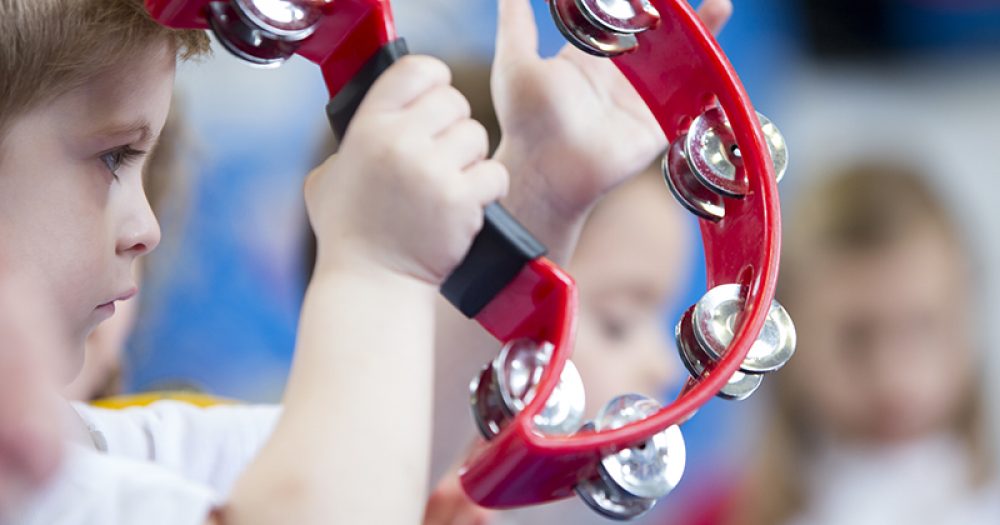The government has assembled a panel of music grandees to help produce its national plan for music education (NPME), but steered clear of confirming when the delayed plan will finally be published.
The NPME was supposed to be published last autumn, but it was delayed during the pandemic and is now only promised “early next year”.
The new panel includes industry representatives and teachers, with five members previously involved in drafting the government’s non-statutory model music curriculum published in March.
Industry figures include Jamie Nkoju-Goodwin, chief executive of UK Music, Jonathan Badyal, head of comms at Universal Music, and the musician and broadcaster YolanDa Brown.
Panellists working in education include Ed Watkins, director of music at the West London Free School, Naveed Idrees, head of Feversham Primary Academy, Simon Toyne, executive director of music at the David Ross Education Trust, Dr Steven Berryman, director of arts at the Odyssey Trust for Education, and Catherine Barker, head of music and performing arts at United Learning.
Schools minister Nick Gibb said their experience would be “hugely valuable” in informing the new national plan. “I, like many others, wish I’d had a stronger music education and had more of an opportunity to play instruments in my time at school.”
The government today published a report summarising responses to its consultation on music education. Around a third of responses were from parents or carers, and another third from school music staff.
Only 8.2 per cent of respondents in the survey last spring agreed that high-quality music education was available to all children.
47 per cent said that both music education was not available to all and its quality “could be better”, while another 36.2 per cent agreed quality could be improved but said pupils did at least have access.
The report said it indicated there is “still progress to be made”. Critical respondents said there was “too much variability” between schools and regions.
Some said other subjects were prioritised, there were not enough specialist teachers and more opportunities for progression beyond ensemble teaching were needed.
“Many said that these opportunities were either not available or were inaccessible, for example, due to the cost,” the report stated.
Almost two-thirds of young people themselves who responded cited costs while explaining what prevented them from taking up musical activities, followed by a lack of time and feeling they were not good enough.
Music has also “suffered” at key stage three from being taught in rotation with other arts subjects, respondents said.
“The panel’s expertise will guide us to ensure that young people from all backgrounds will have access to an exceptional music education,” said culture minister Caroline Dinenage.








Your thoughts